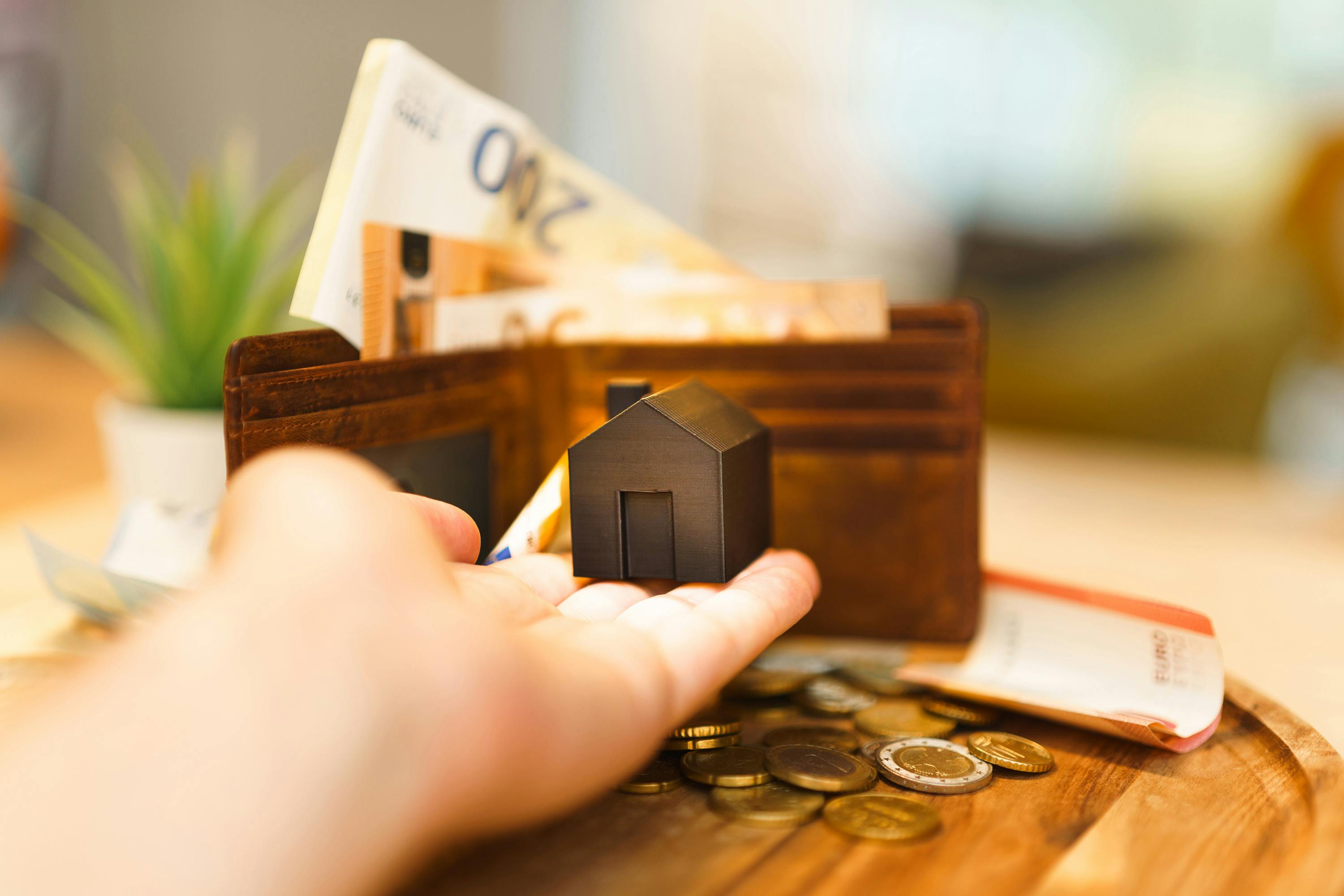Categories
Home Buying TipsPublished March 28, 2025
How Much House Can I Afford?

Buying a home is one of the biggest financial decisions you'll make, and understanding how much you can afford is crucial to a smooth and stress-free experience. Here’s a breakdown of the key factors that determine your home-buying budget.
1. Know Your Budget
Lenders typically use the 28/36 rule, which suggests that your monthly housing costs should not exceed 28% of your gross income, and total debt payments (including housing, car loans, student loans, etc.) should not exceed 36%.
Example Calculation:
If your gross monthly income is $6,000, then:
-
Maximum housing cost (28%): $1,680
-
Maximum total debt (36%): $2,160
✅ Not sure what price range makes sense for you? Let’s go over the numbers and find a budget that fits your goals.
2. Get Pre-Approved for a Mortgage
Before you start house hunting, it's important to get pre-approved by a lender. This will give you a clearer picture of what you qualify for based on:
-
Your credit score
-
Debt-to-income ratio
-
Down payment
-
Employment history
✅ A strong pre-approval can make all the difference. I can connect you with trusted lenders to get started.
3. Consider All Costs of Homeownership
Your mortgage payment is just one part of the equation. Factor in:
-
Property taxes
-
Homeowners insurance
-
Private mortgage insurance (PMI) if your down payment is less than 20%
-
HOA fees (if applicable)
-
Maintenance and repairs
-
Utilities
✅ Beyond the mortgage, it's important to budget for these costs. Let’s go over the full picture so there are no surprises.
4. Location, Location, Location
The price of a home can vary significantly depending on where it is located. A home with the same square footage, number of bedrooms, and bathrooms may cost much more in one town compared to another. Factors such as school districts, local amenities, property taxes, and job opportunities can all impact home prices.
✅ Exploring different areas? I can provide insights on market trends and home values to help you find the best fit.
5. Determine Your Down Payment
A larger down payment reduces your loan amount and monthly payment. Typical options include:
-
20% down (avoids PMI, lowers interest rate)
-
3-5% down (conventional loans)
-
0% down (VA & USDA loans)
✅ There are plenty of options for down payments. Let’s discuss what works best for your situation and explore available assistance programs.
6. Use My Home Affordability Calculator
Instead of relying on generic online mortgage calculators, I have tools to help estimate your affordability based on real-time market data, interest rates, loan terms, and your financial situation.
✅ Want a personalized estimate? I can run the numbers with you and help set a realistic budget.
7. Think Long-Term
Don’t stretch your budget to the max. Consider your future financial goals, potential job changes, and emergency savings before deciding on a price range.
✅ A home is a long-term investment—let’s make sure it aligns with both your current and future plans.
Final Thoughts:
Understanding how much house you can afford ensures you make a smart financial decision and find a home that fits your budget comfortably.
✅ Ready to take the next step? Let’s connect and start planning your home purchase today!





